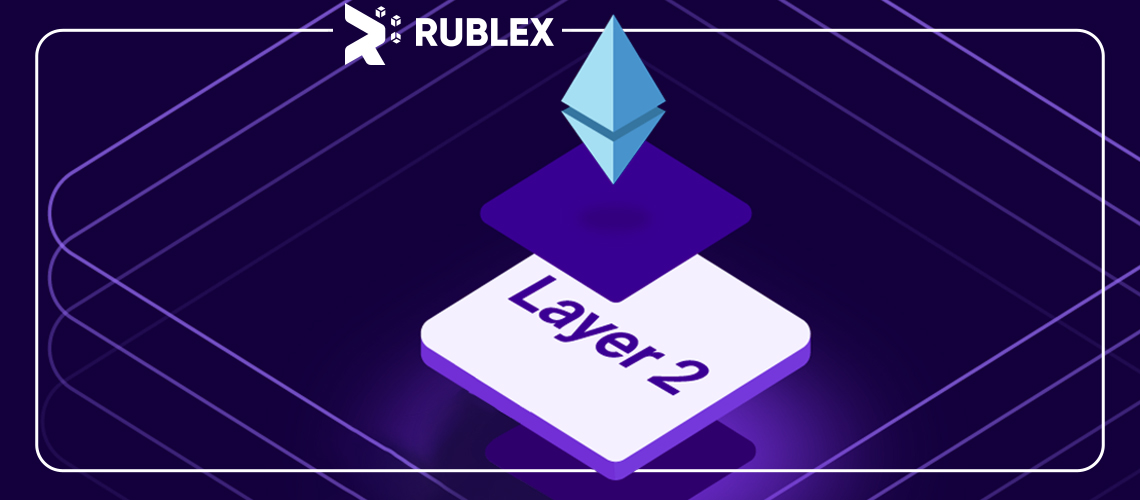According to blockchain data from Etherscan, it appears that Scroll mainnet went live slightly over a week ago.
Scroll, a fresh entrant in the realm of zero-knowledge Ethereum Virtual Machine (zkEVM) solutions designed to enhance blockchain scalability, has officially verified the deployment of its mainnet.
In an announcement on October 17, the Scroll team revealed that existing applications and developer toolkits on Ethereum are now eligible for migration to this innovative scaling solution, assuring that “Everything functions right out of the box.”
Scroll’s zkEVM aims to cut transaction costs and increase transaction speed for Ethereum decentralized apps by batching off-chain transactions and submitting minimal data summaries to the mainnet. Scroll hadn’t announced its mainnet’s live status since deploying the first smart contract on October 8th, as per Etherscan data.
Scroll’s mainnet launch followed 15 months of testing and security audits across three testnets, involving over 450,000 smart contracts, 90 million transactions, and 280,000 ZK-proofs.
Approximately one month ago, Scroll’s co-founder, Ye Zhang, informed Cointelegraph that Scroll would initially incorporate centralized features but had intentions to progressively transition toward decentralization. Zhang mentioned, “We will have a centralized sequencer and the central approver button.” Nonetheless, he explained that there was a roadmap to eliminate this central control point, aiming to address potential vulnerabilities and encourage the community to enhance proofing hardware. Zhang also expressed that the Scroll team would present multiple proposals for community discussions to determine the best path forward for Scroll.
Scroll, founded in 2021 to promote community involvement, competes with zkEVM solutions like Polygon, zkSync, StarkWare, and Immutable. Jordi Baylina from Polygon Hermez believes this competition enhances Ethereum’s robustness by testing various approaches and solutions.





